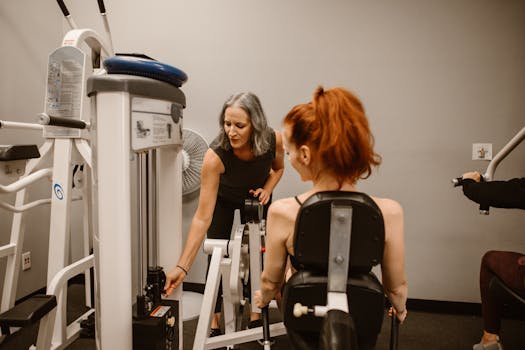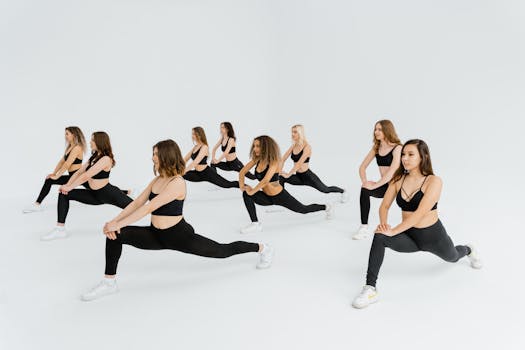You could do a college course, which would teach you some of the skills and knowledge you need in this job. Relevant courses include:
- Level 2 Award in Improving the Public's Health
- Level 2 Award in Nutrition for Health
Entry requirements
You'll usually need:
- 2 or more GCSEs at grades 9 to 3 (A* to D), or equivalent, for a level 2 course




